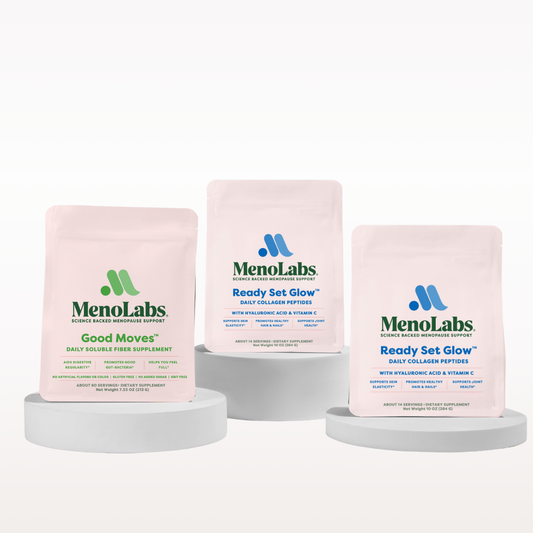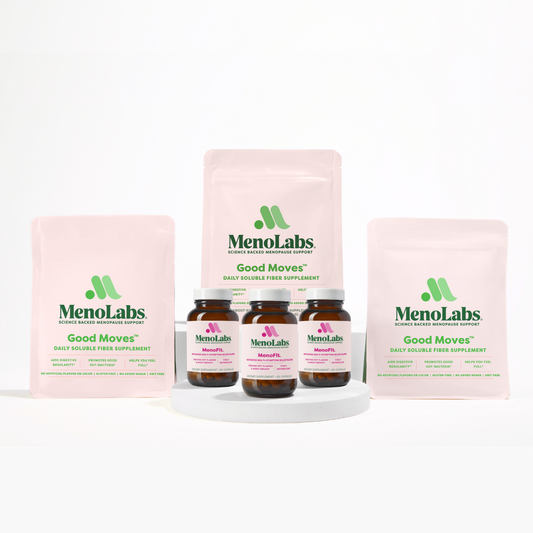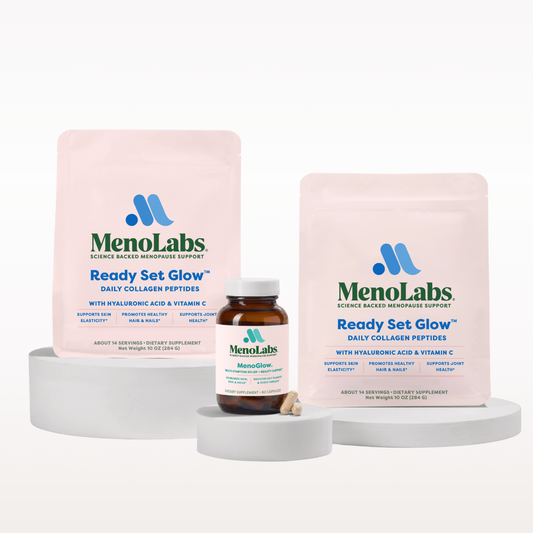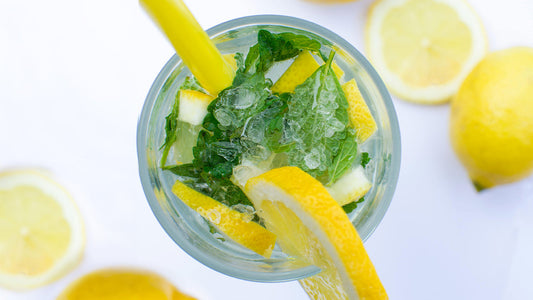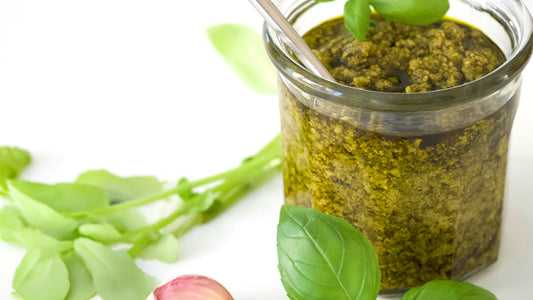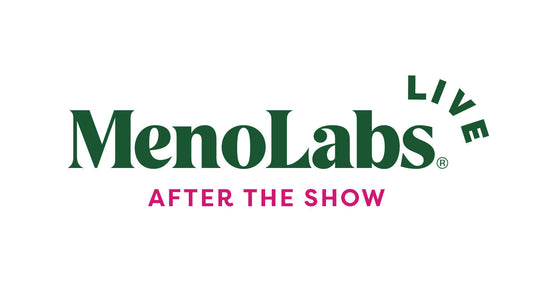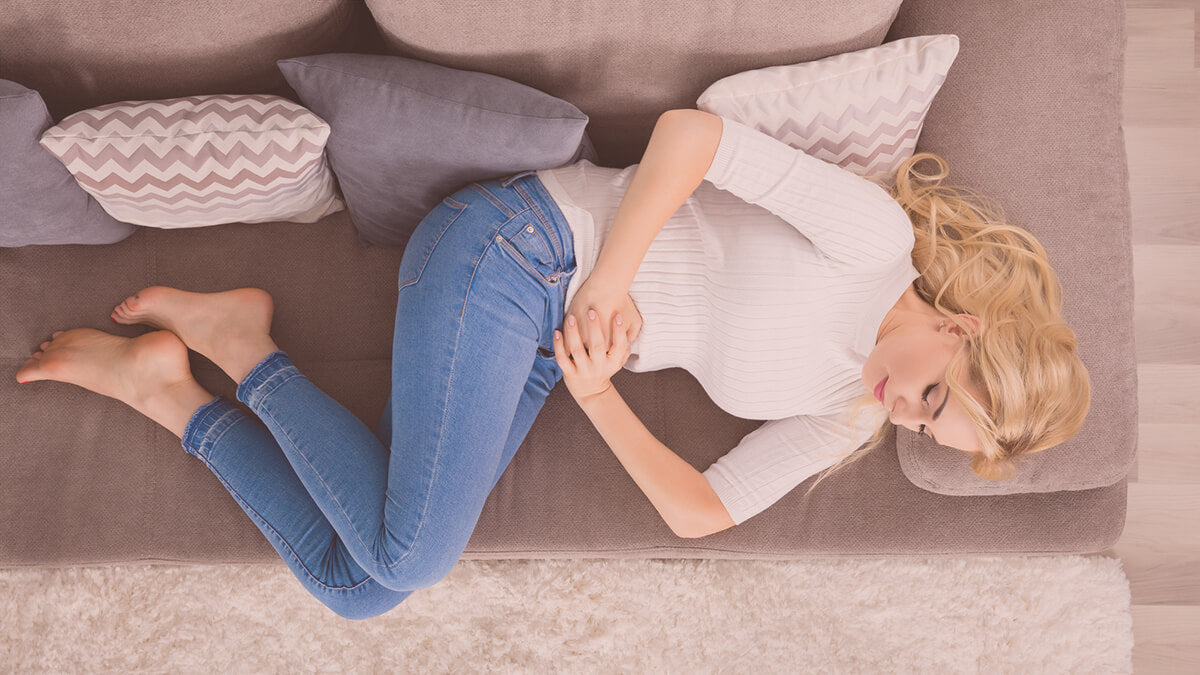
- Health
- Symptom Relief
- Weight Loss
Digestive Issues and Probiotics: Bloating, Gas, & Constipation
Some women can notice that their digestive patterns change as they age. In menopause, there is a significant decrease in the production of estrogen, which can contribute to digestive issues...
1 min read
Some women can notice that their digestive patterns change as they age. In menopause, there is a significant decrease in the production of estrogen, which can contribute to digestive issues like bloating, gas, constipation. But you might find some relief from those problems thanks to studies on digestive issues and probiotics.
Your gut is home to a lot of bacteria, some of which are good, while others are bad for you. When your gut is healthy, there is at least 85% of good bacteria living there. But if this balance is broken, this is where you can start developing digestive issues. The hormone changes that occur during menopause and perimenopause can disrupt that balance, thus you experience symptoms. But by introducing good bacteria back into your gut, you can restore balance and find relief. However, health is holistic-- you shouldn't rely on just one thing to support and correct your digestive system. There are many ways to support your gut health during menopause.
Exercise More
Lack of activity can be one of the reasons why your gut health suffers as recent studies suggest that exercise can enhance the number of beneficial bacteria in the gut. Small changes in your exercise habits may help promote a healthy diversity of gut bacteria while also having protective effects on the gastrointestinal tract. Have a minimum of 30 minutes of exercise daily, for example, walking, dancing, running, cycling, swimming, or rowing are good options.
Eat More Fiber
Our usual diets lack fiber, but fiber is one of our best tools for aiding in our digestive system. If you make sure to eat more fiber, 25-50 grams per day, your bowel movements will be more regular. You can find fiber in such foods as whole grains, nuts and seeds, fruits, vegetables, and legumes. Make sure to also support your body by drinking plenty of water during the day.

Hydrate for Digestive Issues
You might not see it at first glance, but not drinking enough water can make you feel constipated. And sometimes sparkling water is an excellent way to find relief if you feel that way. Aim at eight glasses of water per day, apart from other drinks you may have like tea, coffee or juice. Avoid soda though, because it is terrible for your health in general, but it can also make your problems worse.
Drink More Coffee
Many people admit that coffee helps them go to the bathroom more easily. And it does so by stimulating muscles in your gut. There are studies on this aspect of coffee, which even show that coffee could be as helpful as eating a meal. In fact, it is more effective than water or drinks with no caffeine. Apart from that, coffee also could have a small amount of fiber, which is good for constipation relief.
Talk to Your Doctor
Do not be afraid to speak to your doctor if you have any symptoms that bother you. You might be taking certain meds for other health problems that impact your gut health. Or, you may need to add to your daily regimen meds for improving your bowel movements. Your doctor could suggest taking laxatives, stool softeners, or supplements with fiber.
Related Products
Blend Besties Bundle
Fresh Start Bundle
4.7 / 5.0
(553) 553 total reviews






